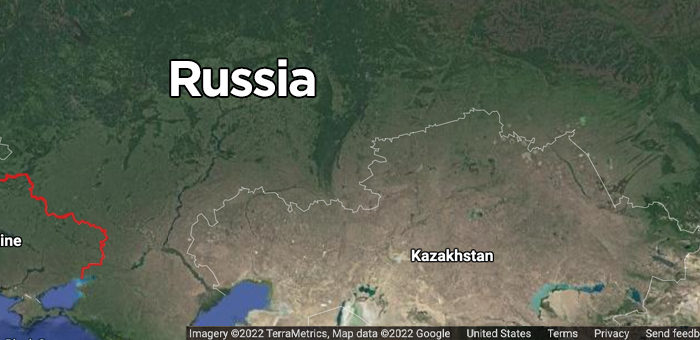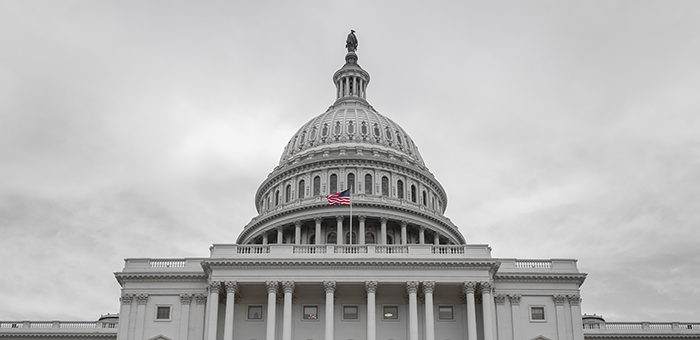Forty percent of U.S. evangelical leaders indicate some change in their thinking about Israel and Palestine over the past 15 years, according to the July Evangelical Leaders Survey. The most common change, mentioned by about a fourth of respondents, is a greater awareness of the struggles faced by the Palestinian people.
“U.S. evangelicals have been concerned with the conflict between Israel and Palestine from the beginning,” said Leith Anderson, President of the National Association of Evangelicals (NAE). “We continue learning as we engage in mission work, humanitarian relief and advocacy.”
The NAE did not directly ask its leaders what their views on Israel and Palestine were in 2000 or are now. However, their comments expressed strong continuing support for Israel’s right to exist and appreciation for Israel as a democratic nation and U.S. ally. Many evangelicals also support Israel for biblical and theological reasons.
Joel Hunter, Senior Pastor of Northland, A Church Distributed, said, “I still see the sovereignty and security of Israel as paramount, but since visiting the area I am much more sympathetic to the hardships of the Palestinians, especially our brothers and sisters in Christ.”
Steve Jones, President of The Missionary Church, said he has a greater appreciation for the complexity of the situation in the Middle East, and a greater compassion for the suffering of those trapped in the middle of the conflict. “But I have not changed my views as to who continues to instigate the troubles, and it is not the suffering populace,” he said.
Larry Hess’ opinions on the conflict have been shaped by his work as the Field Director of Europe (which includes Israel and Palestine) for the Church of God World Missions. “As long as the people in the Gaza Strip stay connected with the Hamas there will not be peace, and Israel must stand strong. The problem with Israel is that it often acts with violence in a vindictive way that goes beyond what I believe is acceptable before God,” he said.
Some leaders commented on their theological beliefs on Israel ranging from “I do not attribute as much spiritual significance to the present day nation of Israel as I did in the past” to “My views on the Israeli-Arab conflict have not changed since I began reading the Bible in 1968.”
Anderson said, “Though there are some theological and political differences among evangelicals regarding Israel and Palestine, evangelicals everywhere continue to pray for peace in the Middle East.”
The Evangelical Leaders Survey is a monthly poll of the Board of Directors of the National Association of Evangelicals. They include the CEOs of denominations and representatives of a broad array of evangelical organizations including missions, universities, publishers and churches.



 View All Surveys
View All Surveys 



























